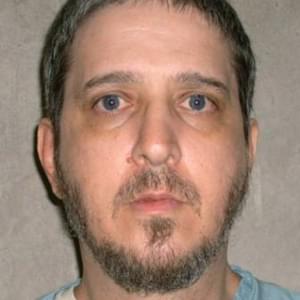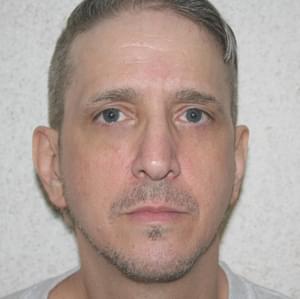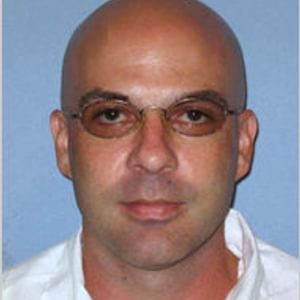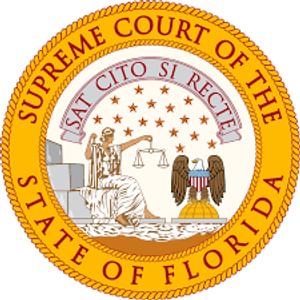CASE UPDATE: U.S. Supreme Court Stays Glossip Execution
May 05, 2023
(ORDER LIST: 598 U.S.) FRIDAY, MAY 5, 2023 ORDER IN PENDING CASE 22A941 GLOSSIP, RICHARD E. V. OKLAHOMA The application for stay of execution of sentence of death presented to Justice Kavanaugh and by him referred to the Court is granted pending the disposition of the petitions for writs of certiorari, Nos. 22 – 6500 and 22 – 7466. Should both petitions for writs of certiorari be denied, this stay shall terminate automatically. In the event either petition for a writ…
Case Update: Oklahoma Board Denies Clemency for Richard Glossip
Apr 26, 2023
On April 26, the Oklahoma Board of Pardons and Paroles declined to recommend clemency for death-row prisoner Richard Glossip (pictured), who is scheduled to be executed on May 18, 2023. The board’s 2 – 2 vote constituted a denial of clemency since the governor cannot grant clemency without the board’s…
Case Update: Oklahoma Court Upholds Richard Glossip’s Conviction
Apr 21, 2023
The Oklahoma Court of Criminal Appeals ruled against Richard Glossip (pictured) on April 20, 2023, despite a motion from the state’s Attorney General asking the court to vacate Glossip’s conviction and remand the case to a lower court. Glossip is scheduled for execution on May 18 but has consistently maintained his innocence. In a statement reacting to the ruling, Glossip’s attorney, Don Knight, said,“Since the State now agrees that the only witness to allege that Mr.
Federal Court Overturns Death Sentence of Alabama Death-Row Prisoner Whose Abandonment by Counsel Led to Supreme Court Ruling
Feb 14, 2022
A federal district court has overturned the death sentence of an Alabama death-row prisoner whose abandonment by his state post-conviction counsel led to a U.S. Supreme Court decision on the right of access to federal habeas corpus review. On January 27, 2022, Judge Karon O. Bowdre of the United States District Court for the Northern District of Alabama overturned Cory Maples’ death sentence, holding that his trial…
Capital Case Roundup — Florida Supreme Court Grants New Trials in Two Death Penalty Cases
Jan 24, 2022
On January 13, 2022, the Florida Supreme Court granted new trials to two Florida death-row prisoners. The court overturned Joe Simpson’s 2007 conviction and death sentence because of prosecutorial misconduct. It also overturned Peter Avsenew’s 2018 conviction and death sentence because of the improper presentation of remotely-recorded…




